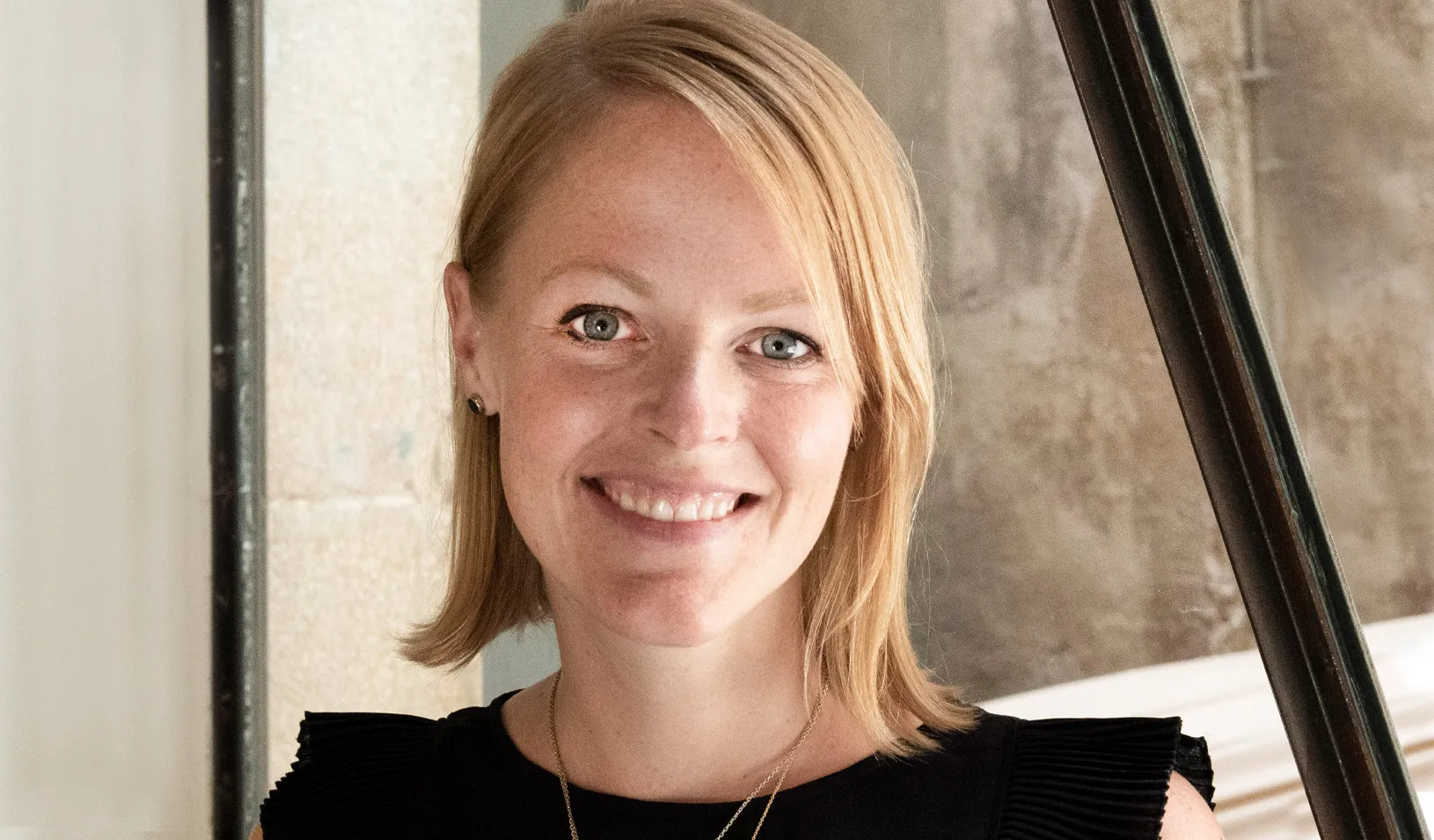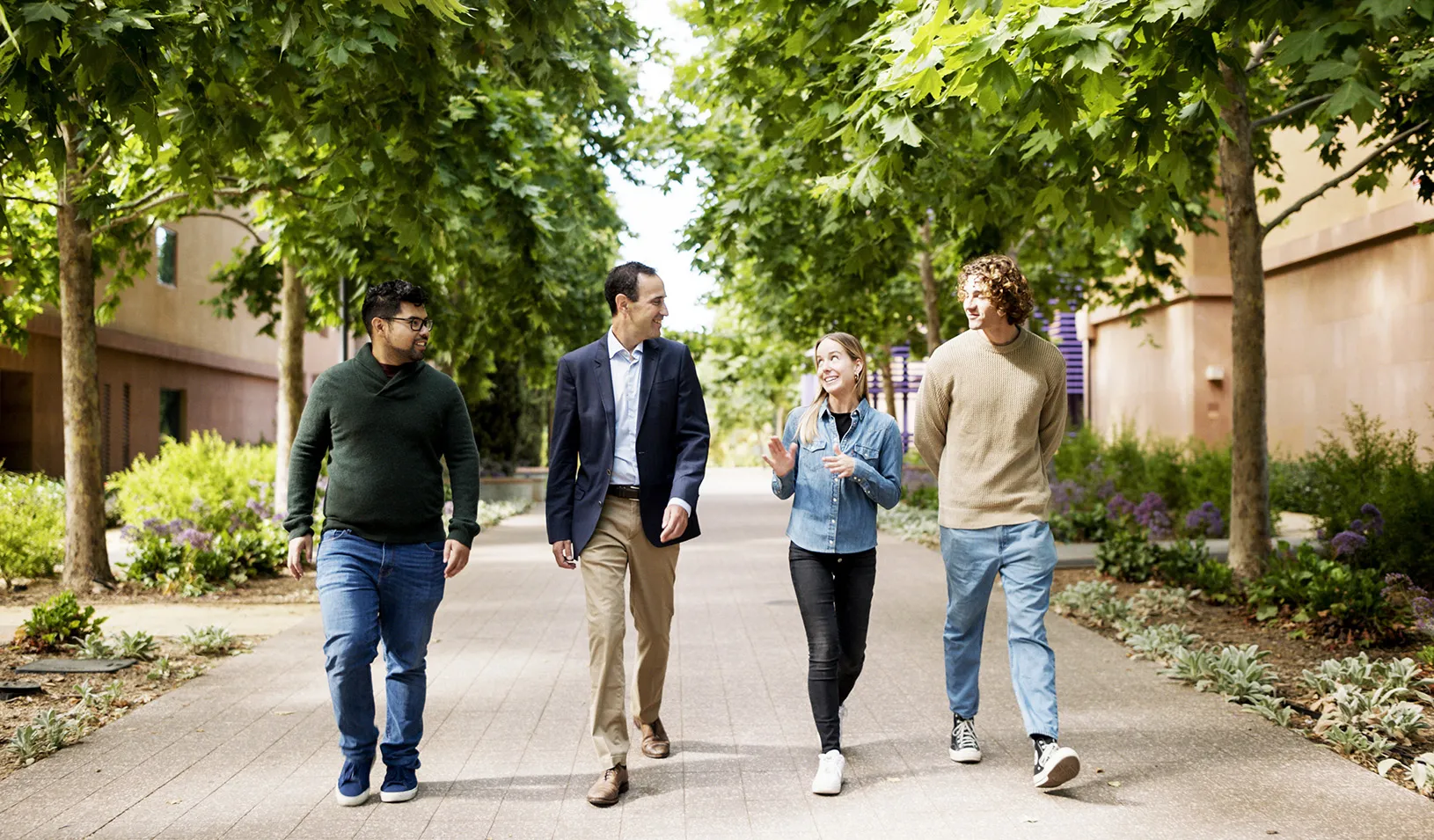ACT Celebrates 20 Years of Pro Bono Service
Stanford GSB alumni use their skills to help struggling nonprofits.
June 01, 2007
If fan mail is any measure, the Stanford Alumni Consulting Team (ACT) is a rock star.
Founded 20 years ago by Stanford GSB alumni bent on using their skills to help struggling nonprofits, ACT has since grown to involve more than 1,000 MBAs, who dispense $2 million in free management consulting services each year. That translates into a lot of thank you notes, said Dean Robert Joss, who helped celebrate ACT’s 20th anniversary at a banquet May 24.
“I get more nice letters about ACT than anything I do as dean,” he said. “It is really tremendous. It makes the job worthwhile.”
The rest of the school enjoys the “reflected glory” of ACT, he said. ACT assembles teams of Stanford GSB graduates to tackle specific problems nagging at nonprofits. An arts organization might need a strategic plan. An international aid group might be looking to buttress the passions of a charismatic founder with the stability of a board and executive director. Nonprofits pose problems and alumni teams descend, helping struggling organizations right themselves in about six months.
Before ACT came along, businesspeople had few ways to donate high-level skills to community organizations on a short-term basis. Doctors and lawyers had well-established traditions of pro bono work, but if an executive wanted to volunteer, he or she wouldn’t likely have the opportunity to use business expertise.
“Even if you were a VP of a bank you often still licked postage stamps,” said Debbie Cohen, MBA ‘87, who wrote a business plan for ACT during her second year in business school. “I wanted people to feel that their time, skills, and effort were working towards larger community goals.”
She gathered a group of alumni to do a pilot project for San Francisco Performances, a nonprofit arts organization that wanted to find out more about its audience and how best to reach it. One of Cohen’s collaborators was Alison Elliott, MBA ‘84, who had also been toying with the idea of pro bono consulting. The project was a success, and soon ACT had a steering committee of Stanford alumni.
“It was really like a startup in a lot of ways,” Elliott recalled.
ACT’s supporters worked project to project, scrounging for money but never for volunteers. They spent years lobbying the school to take them in and give them a budget. ACT affiliated with the Stanford GSB Alumni Association in 1991, and became a part of Stanford GSB in 1998.
Even in the early years, when money was tight and Cohen was pulling all-nighters to write grant proposals, the organization never had to scrounge for enthusiastic Stanford graduates. “It feeds people’s souls in a way their regular full-time job often doesn’t,” Cohen said.
It is also a manageable commitment, asking volunteers to spend about 10 hours a month on a specific project that can be completed in six to nine months. They bring their expertise to questions of finance, information technology, retail, marketing, operations, fundraising, organizational development, real estate and planning.
ACT consistently attracts alumni of all ages; current volunteers hail from the Class of 1949 to the Class of 2007. That’s one of the things that Ed Best, BS ‘58, MBA ‘60 and ACT’s Exceptional Achievement Award winner this year, likes about ACT.
“I’ve done a whole lot of projects, and most all of them have been really attractive and really exciting to me, whether it’s the client, the team, the subject or just the studies that were done,” he said.
Best has participated in 21 projects, leading 13 of them. One project assisted the Oakland Zoo in analyzing whether housing pandas would help the zoo’s bottom line. Best has worked with the World Affairs Council of Northern California and Children’s Fairyland in Oakland. He also helped a children’s policy organization figure out how to measure the results of its advocacy.
“Intellectually, that was an extremely challenging project,” he said.
Cohen served as a volunteer on an ACT project to help San Francisco’s Glide Memorial Church launch a computer training program for homeless people. She was executive director of ACT with a full-time job in management consulting at the time, and the project reminded her why she started ACT in the first place. She was forced to confront the number of people who live paycheck to paycheck, and how a spate of bad luck-a health crisis, a job loss-can put a person out on the street. She was able to leave “the well-heeled affluent areas of the Peninsula [and go] to the tenderloin of San Francisco to see what people’s lives were like,” she said.
“It could have been me had I had different parents and grown up in a different environment,” she said. “It could be any of us.”
ACT at 20 has enriched hundreds of nonprofits, including A Home Within, a mental health organization that helps children in foster care. A Home Within’s Executive Director Toni Heineman, spoke at ACT’s anniversary banquet, recounting the painful process of building a new organization. A Home Within needed to settle on a mission and figure out how to make it scalable, and Heineman credited ACT’s “sometimes painful and unwanted advice” with the organization’s “increased clarity, efficiency and impact.”
“We are better for our association with you,” she said. And “we are just one example.”
By Sarah Ruby
For media inquiries, visit the Newsroom.
Explore More
Erin Nixon Joins Stanford GSB as Assistant Dean of Admissions

Nia Rose Froome, MBA ’23: Making Local, Fresh Food Available for All

New Research Fund Promotes Responsible Leadership for the Next Century
